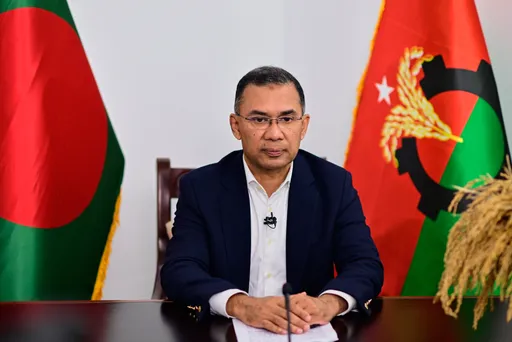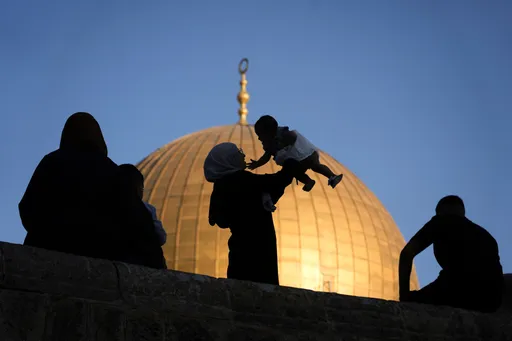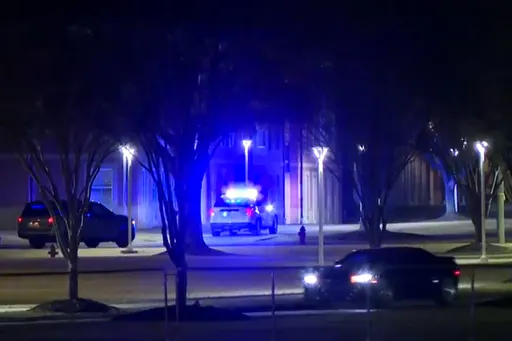The Rohingya
The Rohingya have been systematically discriminated against for several decades in Myanmar. They are an ethnic Muslim minority who practice a Sufi-inflected variation of Sunni Islam. The very term “Rohingya” is disavowed by Myanmar's government, who contend that the group are recent, and illegal immigrants from Bangladesh. However numerous historical records that date back to the 18th century have identified the community as belonging to Burma.
The recent wave of violence is not new. A majority of the estimated 1.1 million of Rohingya live alongside the Rakhine state, one of the seven states of Myanmar.
The Rohingya trace their origins in the Rakhine to the 15th century. Some arrived when the region was governed by British colonial rule between the 19th and early 20th centuries.
The group accounts for nearly a third of the population in the area.
Myanmar has 135 official ethnic groups, but the Rohingya are not one of them. Past governments have recognised the group; in the sixties, Prime Minister U-Nu is reported to have referred to them as “national brethren."
They are classified as ‘stateless’ by the UN, because the government refuses to grant them citizenship, with little legal documentation to stake their claim to the land.
ARSA
The Arakan Rohingya Salvation Army (ARSA) is an insurgent, militant group that was formed in 2012 by Ataullah Abu Ammar Junani. The Karachi-born Muslim, whose father is of Rohingya heritage, sought to respond to state-led violence in Rakhine state.
The government considers the ARSA to be a terrorist organisation.
Violence was long a feature of the conflict, but the last wave of attacks broke out on August 25 when ARSA claimed responsibility for coordinated attacks on police posts and an attempted raid on an army base.
Myanmar's military launched an offensive, which the government says was aimed at defending Burmese citizens against the ARSA.
But the military’s scorched earth response has forced hundreds of thousands to flee their homes.
On Sunday, ARSA declared a month-long unilateral ceasefire to allow humanitarian aid into the area and called on Myanmar's army to lay down arms temporarily.
"ARSA strongly encourages all concerned humanitarian actors resume their humanitarian assistance to all victims of the humanitarian crisis, irrespective of ethnic or religious background during the ceasefire period," the group said.
Buddhist nationalists
Myanmar is a Buddhist-majority country and Muslims make up only about four percent of its 53 million people.
Human rights groups and fleeing Rohingya say Rakhine Buddhist vigilantes alongside the army have mounted a campaign of arson aimed at driving out the ethnic group.
"Since the start of the political liberalisation in 2011, Myanmar has been troubled by an upsurge in extreme Buddhist nationalism, anti-Muslim hate speech, and deadly communal violence, not only in Rakhine State but across the country," the International Crisis Group said in a report released last week.
Aung San Suu Kyi
Aung San Suu Kyi is Myanmar’s de facto leader. The country’s constitution bans her from becoming president because her children are British nationals.
She won a Nobel peace prize in 1991 for championing democracy. But now, her reputation has been marred.
She has been internationally condemned for failing to speak out on behalf of a minority that has long complained of persecution.
She has dismissed that however, denying that ethnic cleansing is taking place in her country.
In Myanmar, her power is limited. Criticism to date has focused on the state's one very visible, and formerly internationally acclaimed leader. But the country is still governed under the shadow of a military junta.
Many have argued that she is politically constrained and that her hands are tied – as serious matters of state still require military approval.
Suu Kyi’s National League for Democracy (NLD) won elections in a landslide victory in 2015.
The military
For many years there have been allegations of grave human rights violations by the Myanmar’s military against the Rohingya.
A UN Human Rights Council-appointed Fact Finding Committee has been denied permission to enter the country to investigate these allegations.
Until last year, Myanmar was a country where the military had been the undisputed authority.
The military junta seized power in 1962 and introduced a law stripping the Rohingya of access to full citizenship.
In the 1990s, it issued temporary scrutiny cards, known as white cards, to many people including Rohingya as well as non-Rohingya Muslims. The cards had enabled Rohingya to vote and stand in every election until this decade.
Under pressure from Buddhist nationalists protesting the Rohingya’s right to vote in a constitutional referendum in 2015, then-President Thein Sein canceled the white cards.
Bangladesh
The humanitarian crisis next door left Bangladesh scrambling to deal with the fall-out.
Bangladesh has proposed creating "safe zones" run by aid groups for Rohingya Muslims in Myanmar's Rakhine state to stop hundreds of thousands of refugees crossing into its territory following a military crackdown.
The plan, the latest in a string of ideas floated by Dhaka, is unlikely to get much traction in Myanmar, where many consider the Rohingya community of 1.1 million as illegal immigrants from Bangladesh. That will leave Bangladesh, one of the poorest nations in the world, with little choice but to open new camps for refugees.
Dhaka sent the proposal to the Myanmar government through the International Committee of the Red Cross to secure three areas in Rakhine, home to the Rohingya community, suggesting that people displaced by the violence be relocated there under the supervision of an international organization, such as the United Nations.
"The logic of the creation of such zones is that no Rohingya can come inside Bangladesh," said Shahidul Haque, Bangladesh's foreign secretary, the top civil servant in the foreign ministry.
THE UN
The United Nations has appealed for aid funding of $77 million to cope with the emergency in southern Bangladesh.
"The situation seems a textbook example of ethnic cleansing," the top U.N. human rights official Zeid Ra'ad al-Hussein said on September 11.
According to the latest estimate by U.N. workers in the Cox's Bazar region of southern Bangladesh, about 294,000 - many of them sick or wounded - have arrived in just 15 days, putting huge strain on humanitarian agencies' operations.
The number of Rohingya who have fled violence in Myanmar's Rakhine state to Bangladesh since August 25 has reached 313,000, a UN spokesman said Monday.























